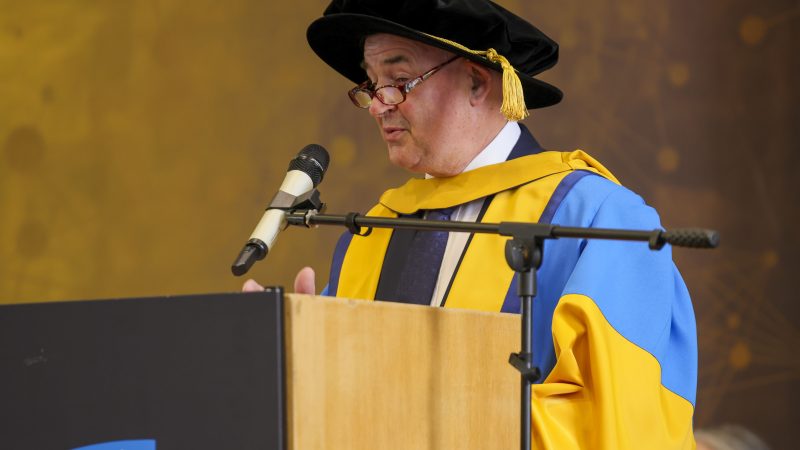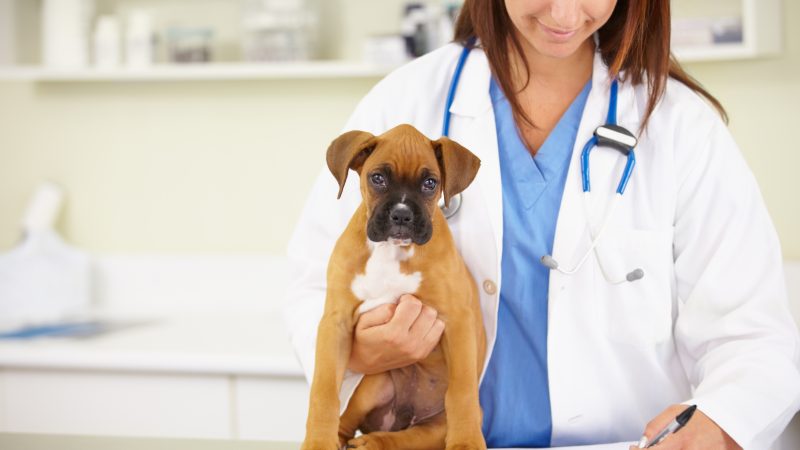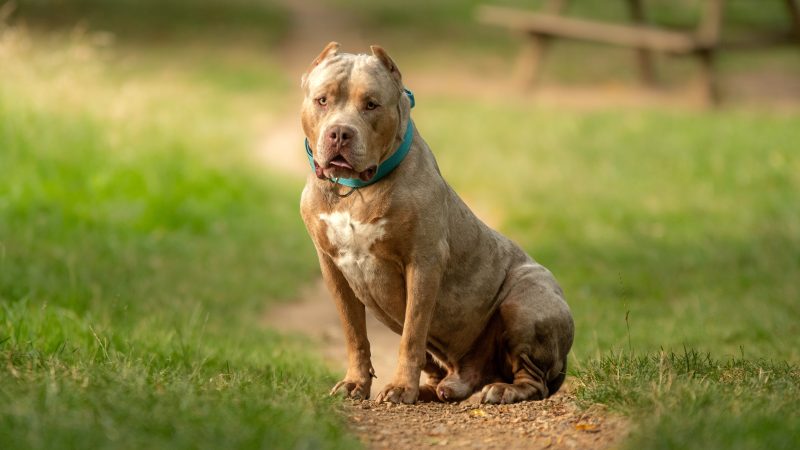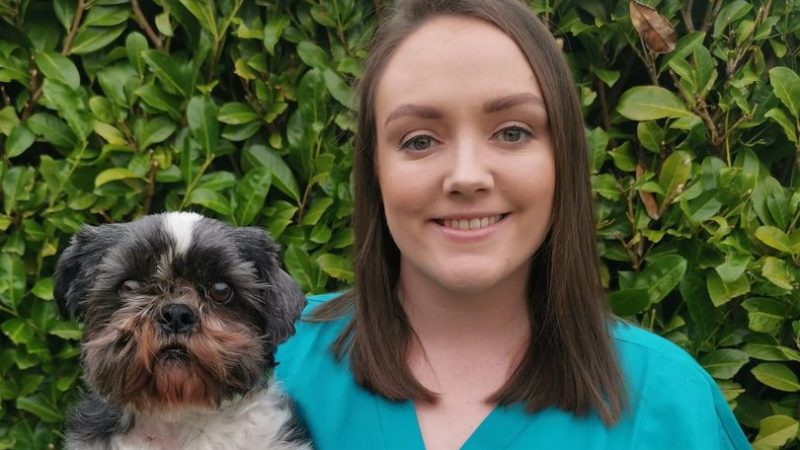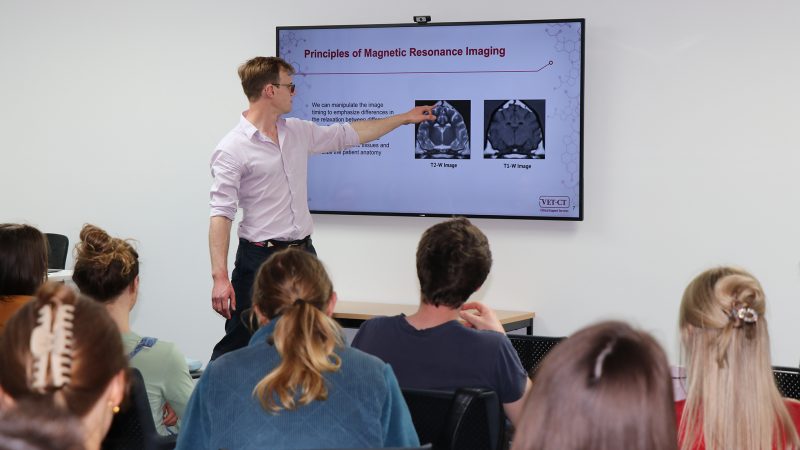Vet nurse reprimanded over removing dead cats’ body parts

A vet nurse who removed body parts from dead stray cats and took them home has been reprimanded.
The nurse, who successfully applied for anonymity at the outset of the RCVS Veterinary Nursing Disciplinary Committee hearing, admitted at the outset that on or around 16 and 17 February 2022 she removed the heads of two dead stray cats at the practice where she was working and subsequently took these heads home.
The College’s case was that, in doing so, the veterinary nurse’s conduct amounted to serious professional misconduct because she failed to afford the level of respect and dignity that the dead animals deserved, that there was a risk to human health because she failed to comply with the necessary biosecurity measures when dealing with animal body parts, and that her actions had the potential to undermine public confidence in the veterinary professions.
Although she admitted that her conduct fell short of what was expected of a veterinary nurse, in her evidence the veterinary nurse countered that her actions were not intended to be disrespectful to the animals, that she was an animal-lover who had three cats of her own, and that her actions were not malicious but were misjudged.
In considering the evidence from both the College and the veterinary nurse respondent, the Committee found that the aggravating features of her conduct were around biosecurity and abuse of her professional position, while in mitigation it found that there was no financial gain in her actions and that it was a one-off incident.
Committee chair Kathryn Peaty said: “The respondent’s conduct represented a biosecurity risk. Any body part would be in some degree of decomposition. As the cats were strays, it was unclear as to whether or not they had been in good health. Although the respondent transferred the body parts to her home and kept them in the freezer in cadaver bags, there was a risk that they could leak. In short, her actions were not without risk to human or animal health.
“The respondent abused her professional position. She had an obligation to treat the cadavers with respect. Her professional position gave her access to the cadavers. She abused her professional position by severing the cats’ heads and, using a scalpel, body bags and other equipment she pursued an interest of her own, rather than performed the role she was employed to undertake.
“Although she may say that she obtained permission to remove the cats’ heads from a permanent member of staff, she was a Registered Veterinary Nurse and therefore an autonomous professional. Whatever permissions she received should not have made her believe she had a licence to act as she did.”
“The Committee considered that a reprimand was the sanction it should impose. A reprimand marks the Committee’s view of the respondent’s behaviour, thereby satisfying the public interest.
“The Committee did consider issuing a warning as to future conduct, but it had no concerns that the respondent would fail to follow the Code of Professional Conduct for Veterinary Nurses in the future. It therefore rejected a warning as an appropriate alternative.”



